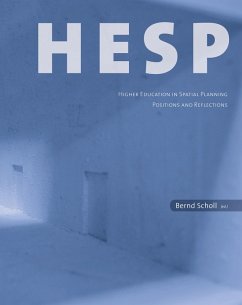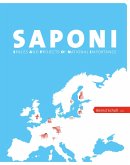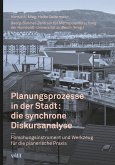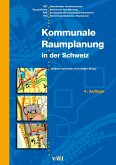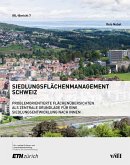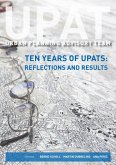Sustainability, complex land use and awareness of spatial quality are keywords for spatial planning on all levels. Therefore, sustainable spatial development is essential for the coming decades. Changes in climate, modes of transportation, demographics and the economic situation are important challenges for all spatially relevant actors. Land and its many uses is more than the bedrock of our country, it is the foundation for our wellbeing, prosperity and national identity. The pervasive effects of changes in land use and land management emphasise the need for developing effective future policies and strategies. Higher Education in Spatial Planning (HESP) must attract young and enthusiastic people and prepare them for solving complex problems related to this most important and limited resource. Problem-oriented project, respectively, studio-based learning should be the core element of explorative learning. In a trilogy of symposia, a group of international experts in the field of education and practice of spatial planning discussed important aspects of higher education in spatial planning. This publication presents the results in the form of joint positions and the more personal reflections.
Dieser Download kann aus rechtlichen Gründen nur mit Rechnungsadresse in A, B, BG, CY, CZ, D, DK, EW, E, FIN, F, GR, HR, H, IRL, I, LT, L, LR, M, NL, PL, P, R, S, SLO, SK ausgeliefert werden.

